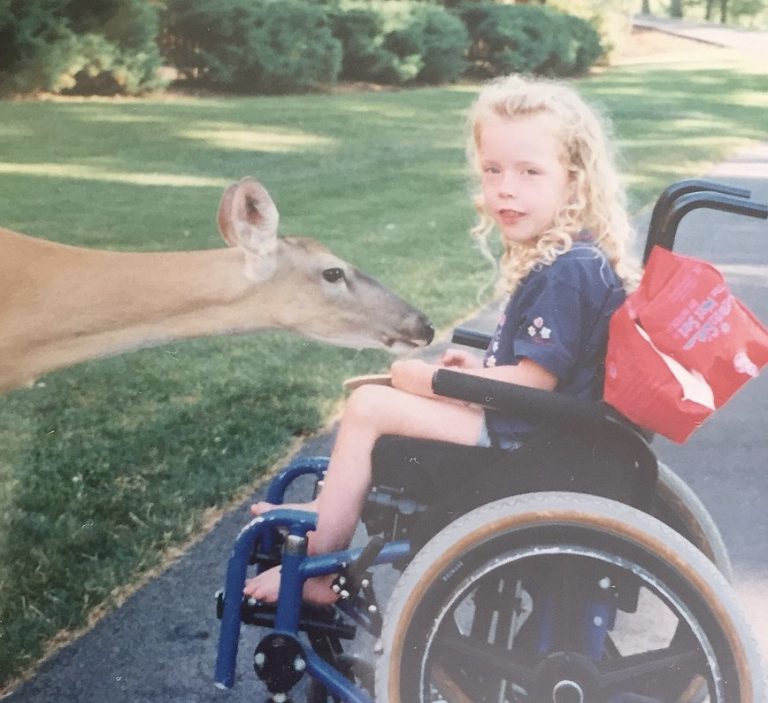Receiving a cerebral palsy diagnosis for your child can feel like your world has flipped upside down. While it’s a challenging moment, knowing the steps to take next can provide a pathway forward and bring a sense of control and optimism to a daunting situation. Read on to equip yourself with knowledge and actionable steps so you can navigate this new reality with confidence and support.
Understanding Cerebral Palsy
Cerebral palsy (CP) is a neurological disorder that affects movement, muscle tone, and motor skills. CP is caused by brain damage that occurs before, during, or shortly after birth. Understanding that CP is not a disease but a condition that varies greatly in its manifestation can be crucial. Some children might experience mild impairment, while others may have more extensive needs. Knowing this will help you and your family adjust your expectations and planning.
Initial Steps After Diagnosis
After the shock of the diagnosis, it’s important to focus on immediate steps. Start by consulting with your child’s pediatrician to understand the specific type of CP your child has and its implications. They can guide you through the early decisions and help coordinate care with specialists. Assemble a care team that might include neurologists, orthopedic surgeons, and special education professionals. This team will be your support system, helping to manage your child’s condition from various angles.
Seeking the Best Treatment Options
At this point, you may be wondering what the best treatment for cerebral palsy is. A holistic approach that adapts to your child’s unique needs is often the most effective. Physical therapy is a game-changing lifeline for your child. Whether you’re looking for physical therapy in Freehold, NJ, Miami, FL, or anywhere in between, finding a physical therapist who connects with your child and is on the same page is essential. Some families opt to travel up to a few hours to meet with a physical therapist. This journey with a skilled therapist can significantly improve your child’s ability to move and interact with their environment, which is vital for their physical and emotional development.
Education and Accessibility
Navigating the educational system with a child diagnosed with CP requires knowledge and advocacy. Start by understanding your child’s rights under the Individuals with Disabilities Education Act (IDEA), which ensures students with disabilities are provided Free Appropriate Public Education (FAPE) that meets their unique needs. Consider an Individualized Education Program (IEP), which sets reasonable learning goals and integrates necessary accommodations. Remember, the goal is to ensure your child receives the support they need to thrive academically and socially.
Embracing Potential and Positivity
Every child has a unique set of abilities and potentials, and children with cerebral palsy are no exception. Embrace the joy of watching your child achieve milestones at their own pace and in their own way. Celebrate each success, no matter how small it may seem. Whether it’s a smile, a word, or a step, these are monumental achievements that reflect your child’s resilience and determination. Focus on the possibilities and the adventures ahead. With love, support, and the right tools, your child can lead a fulfilling and happy life full of opportunities. Let positivity guide your family’s journey, fostering an environment in which your child feels valued as well as empowered every single day.
Long-Term Care Planning
Looking ahead is crucial when parenting a child with cerebral palsy. Long-term care planning might involve setting up financial protections like trusts or guardianships and exploring state and federal benefit programs. Also, consider the future living arrangements for your child, focusing on maximizing independence in a supportive environment. Engaging with a financial advisor who specializes in special needs planning can provide invaluable guidance tailored to your family’s unique circumstances.
Community and Support
Building a supportive community around you and your child is essential. Connect with local and online support groups where you can share experiences, challenges, and advice with other parents who understand your journey firsthand. These networks not only offer emotional support but can also be a great resource for practical tips and information. Remember, you’re not alone in this—many families share similar experiences and can offer support.
Navigating life after your child’s cerebral palsy diagnosis is undoubtedly challenging, but with the right information and support, you can advocate effectively for your child. Embrace the support systems available, and remember that your journey is unique—tailored approaches that suit your child and family best will pave the way for your child’s success and well-being.



0 Comments